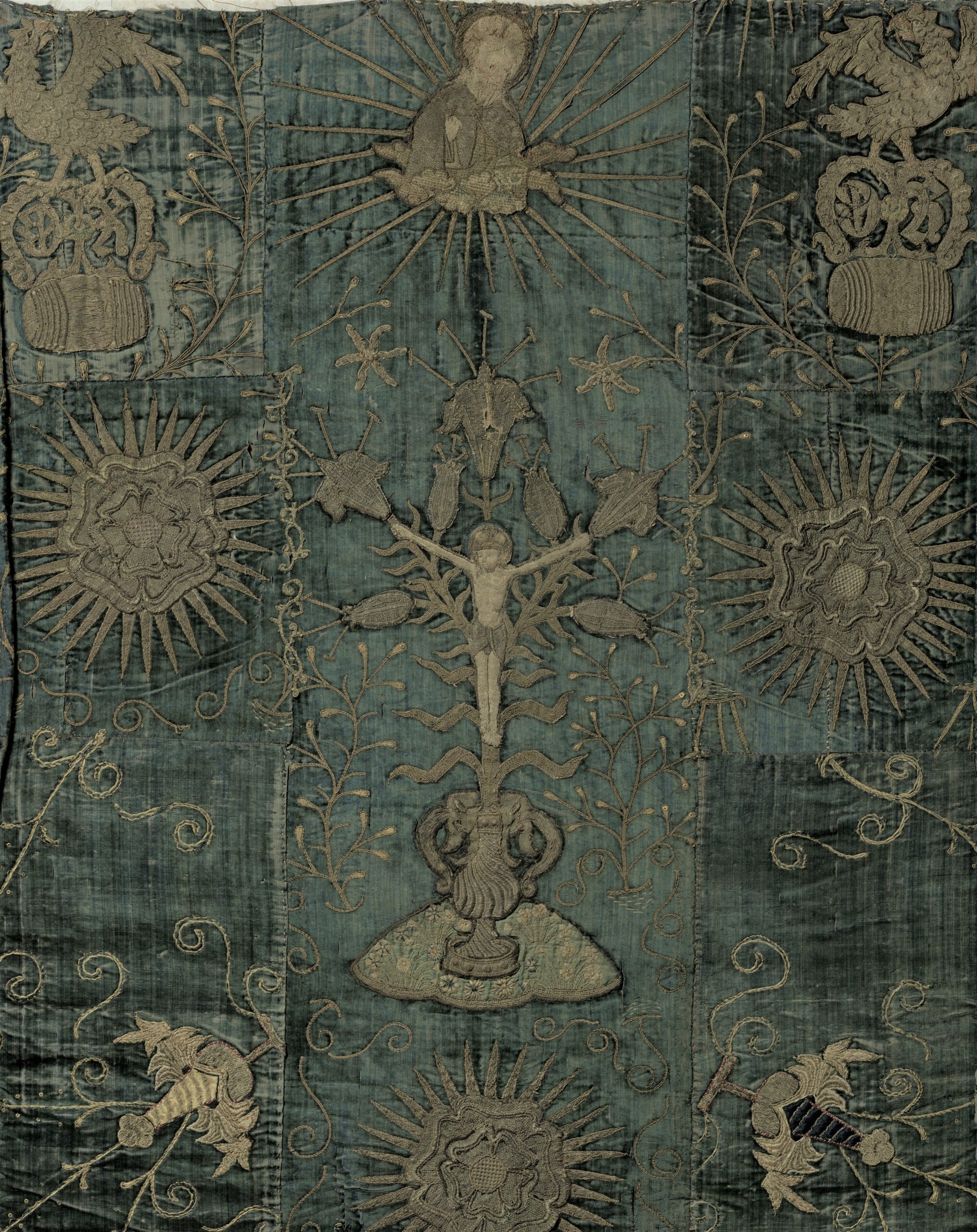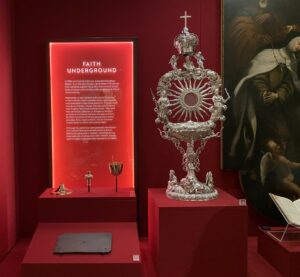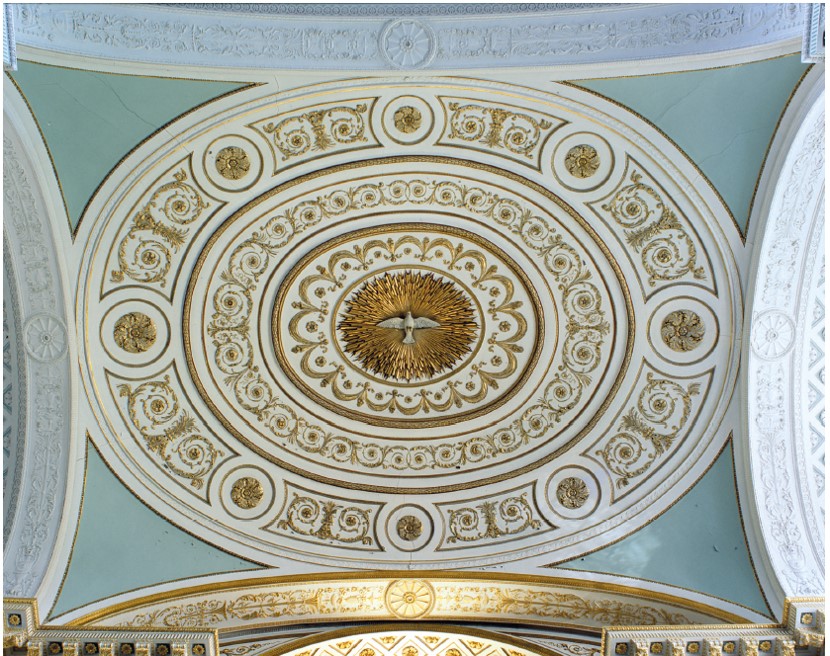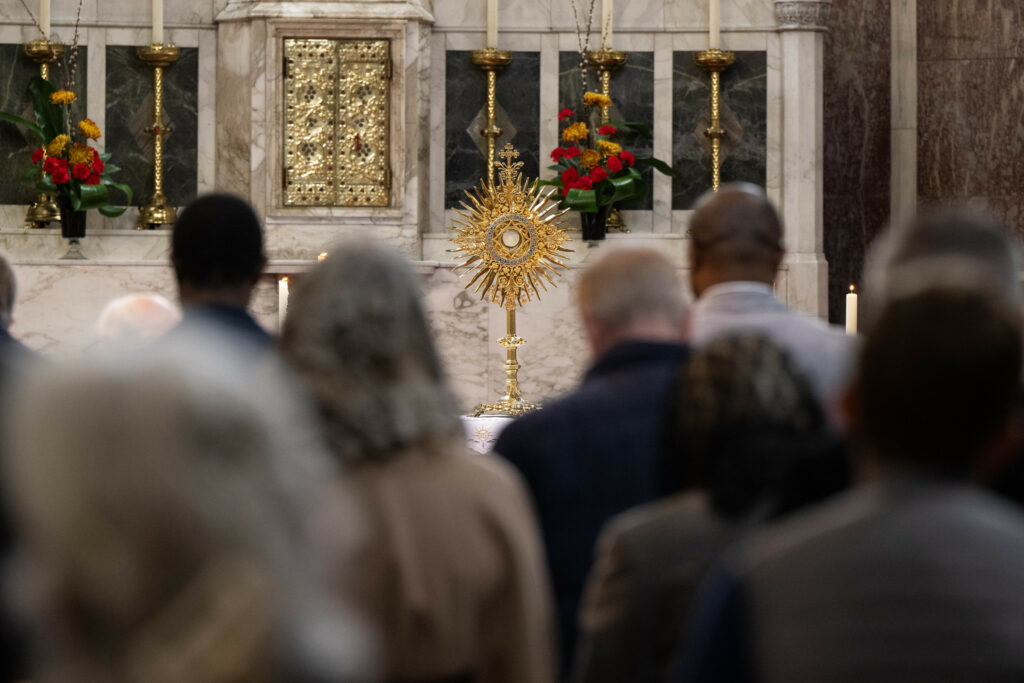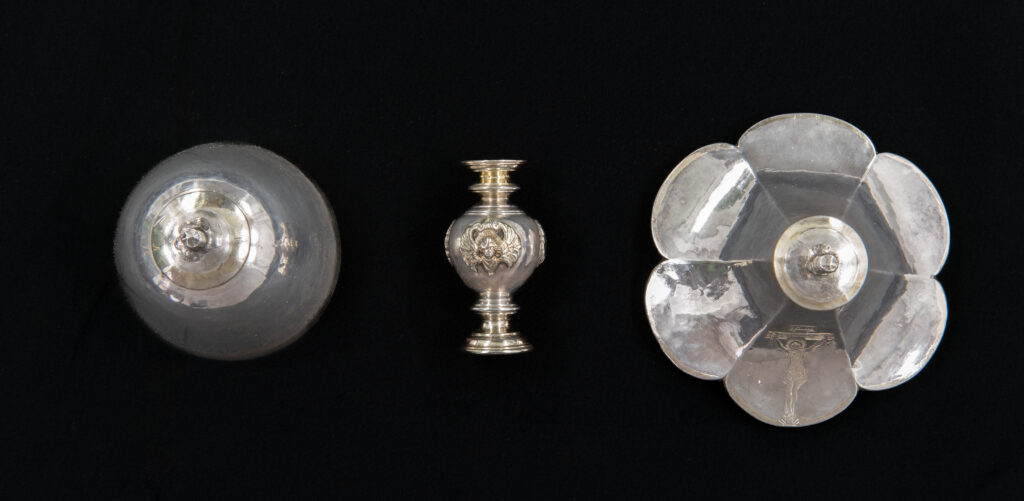Sharing hidden histories for today’s communities
This Research Group considers the art and material culture of British Roman Catholics in the British Isles and in exile during the ‘Penal period’, i.e. from the Dissolution of the Monasteries in the 1530s to Catholic Emancipation in 1829. It aims to investigate how such collections can be understood and shared more widely, and their benefits to audiences today.
Our research and discussions will concentrate on the following areas:
- Collections: How, why, where and by whom have collections of Catholic material culture been formed and preserved in the UK; who cares for them now? Many of these collections are located at an intersection between the public and private and include sensitive material such as consecrated objects, often in continued ritual use, relics, human remains and historic textiles.
- Audiences, engagement and interpretation: Who and where are the audiences for such material today, and how can interest and engagement be increased? What stories can it tell, and who might benefit from hearing them?
- The 2029 Bicentenary: Is the 1829 Catholic Emancipation Act something worth celebrating nationally and how could BAN members and institutions lead this? How Catholic material culture might be used to tell wider stories about the subsequent reforms of the 1820s-30s and their impact on democracy, equality, human rights, and British identity.
The artistic culture of Britain’s Catholic minorities is under-researched and under-represented. As a substantial and diverse British minority (roughly 10%), the Catholic community of today is also under-represented in museum displays and collections. Some collections of important Catholic heritage, such as monasteries, convents and training colleges faced with closure, are at risk and deserve attention from the wider heritage community. Where British Catholic material is held by public museums, it may be little understood.
Most British Catholic collections are little known, documented or visited. Outside public museums and large cities, they rarely employ museum professionals and there is currently no formal network for advice. The Research Group aims to provide networking opportunities and open up dialogue with the wider BAN membership, enabling members to explore good practice and public access in comparative areas.
The Catholic Material Culture group is convened by Amina Wright, Dr Tessa Murdoch and Claire Marsland.

